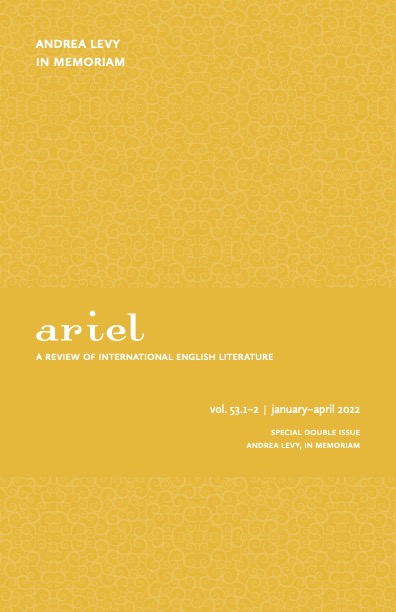A Hostile Environment: The Conflicted Cosmopolitics of Andrea Levy’s "Small Island"
Keywords:
Andrea Levy, Small Island, Windrush Scandal, Hostile Environment, CosmopolitanismAbstract
This article exposes the neglected polemics and anti-national content of Andrea Levy’s Small Island (2004). Read in the context of Teresa May’s ‘hostile environment policy’ and the subsequent 2018 Windrush scandal, Levy’s novel offers a condemnation of the national mythos surrounding post-war Commonwealth migration from the colonies and the politics of universal welfare. The novel’s critical view of the nation remains, however, somewhat placated by its egalitarian quadripartite narrative which distracts from the more polemic elements of the story. Small Island’s structural attempt to compose a hermeneutical form of cosmopolitanism that admirably crosses the boundaries of race, gender and cultural circumstance illustrates what I contend to be the novel’s conflicted cosmopolitics – one that advances a discourse of universality that not only obscures its anti-national commentary but also appeals to readings that memorialize and mythologize its narrative. By critically examining the historical conjuncture of 1948, Levy depicts post-war Britain as an explicitly hostile environment for the country’s racialized citizens. The novel’s contemporary political resonance magnifies Levy’s deep-seated, though uneven, critique of the nation by highlighting the enduring entanglements between nationalism, Empire and the welfare state.


